All Hamlet Addiction Treatment Centers
-
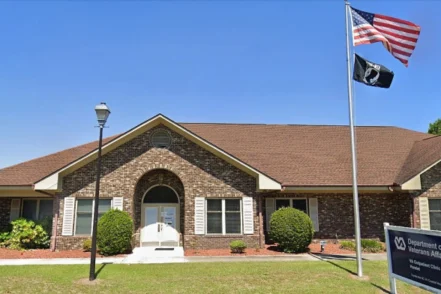
Fayetteville VA Medical Center Hamlet CBOC
100 Jefferson Street
Hamlet, North Carolina 28345Treatment Programs
- Alcohol Rehab
- Dual Diagnosis
- Opioid Addiction
- +5
Insurance
- Private insurance
- Self-pay options
- +2
-
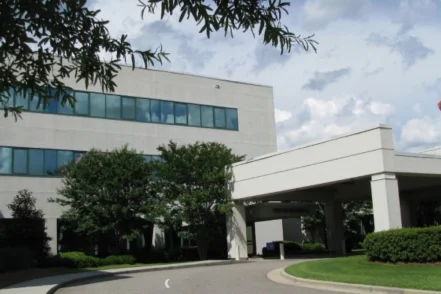
Sandhills Regional Medical Center
1000 West Hamlet Avenue
Hamlet, North Carolina 28345Treatment Programs
- Alcohol Rehab
- Dual Diagnosis
- Opioid Addiction
- +7
Insurance
- Medicaid
- Private insurance
- +4
-
Wiregrass Apartments Mental Health Apartments
268 Wiregrass Road, Suite K
Hamlet, North Carolina 28345Treatment Programs
- Dual Diagnosis
- Adult Program
- Senior Rehab
- +1
Insurance
- Medicaid
- Self-pay options
- +2
-
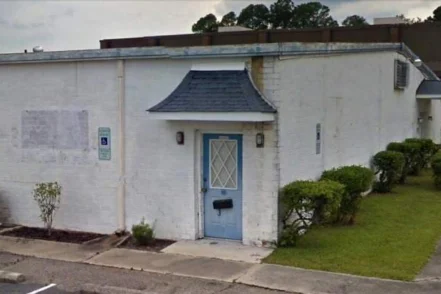
Compassionate Counseling Services
1219 Rockingham Road, Suite 12
Wadesboro, North Carolina 28379Treatment Programs
- Alcohol Rehab
- Dual Diagnosis
- Opioid Addiction
- +3
Insurance
- Self-pay options
- Private insurance
-
Sandhills Alternative Academy Rockingham
503 Rockingham Road
Rockingham, North Carolina 28379Treatment Programs
- Dual Diagnosis
- Young Adult Rehab
- Mens Rehab
- +1
Insurance
- Medicaid
- Private insurance
- +3
-
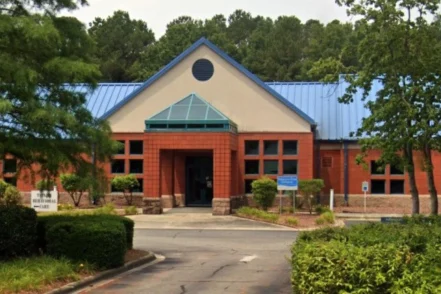
Trinity Behavioral Care of Marlboro County
1035 Cheraw Street
Bennettsville, South Carolina 29512Treatment Programs
- Alcohol Rehab
- Drug Rehab
-
AMIkids Country Club Drive
801 Country Club Drive
Bennettsville, South Carolina 29512Treatment Programs
- Alcohol Rehab
- Dual Diagnosis
- Opioid Addiction
- +3
Insurance
- Medicaid
- Financing available
-
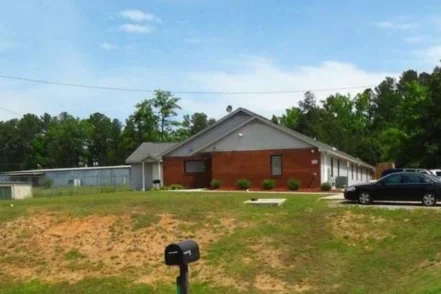
Cornerstone Treatment Facility
129 Wallace Road
Wadesboro, North Carolina 28170Treatment Programs
- Dual Diagnosis
- Young Adult Rehab
Insurance
- Medicaid
- Self-pay options
- +1
-
TT and T Services Maxton
106 Mccabe St
Maxton, North Carolina 28364Treatment Programs
- Alcohol Rehab
- Dual Diagnosis
- Opioid Addiction
- +4
Insurance
- Self-pay options
- Private insurance
- +1
-
AMIkids Marlboro Road
620 Marlboro Road
Bennettsville, South Carolina 29512Treatment Programs
- Alcohol Rehab
- Dual Diagnosis
- Opioid Addiction
- +3
Insurance
- Medicaid
- Financing available
-
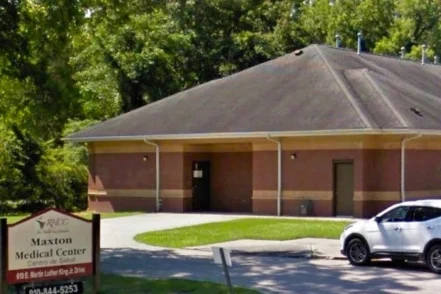
Maxton Medical Center
610 East Dr Mlk Jr Drive
Maxton, North Carolina 28364Treatment Programs
- Dual Diagnosis
- Young Adult Rehab
- Adult Program
- +1
Insurance
- Medicaid
- Private insurance
- +4
-
Robeson Healthcare Corporation Maxton
610 E Martin Luther King Jr. Drive
Maxton, North Carolina 28364Treatment Programs
- Alcohol Rehab
- Dual Diagnosis
- Opioid Addiction
- +6
Insurance
- Medicaid
- Self-pay options
- +6
-
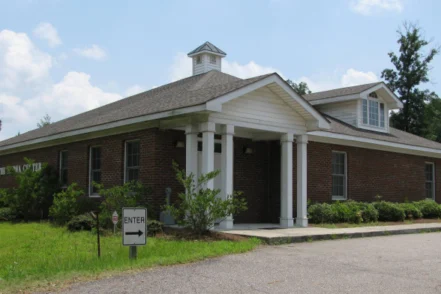
The ALPHA Behavioral Center Chesterfield
1218 East Boulevard
Chesterfield, South Carolina 29709Treatment Programs
- Alcohol Rehab
- Dual Diagnosis
- Opioid Addiction
- +5
Insurance
- Medicaid
- Private insurance
- +5
-
Bethesda Aberdeen
204 North Pine Street
Aberdeen, North Carolina 28315Treatment Programs
- Drug Rehab
- Alcohol Rehab
-
Bethesda Link School Program
206 North Pine Street
Aberdeen, North Carolina 28315Treatment Programs
- Adult Program
- Alcohol Rehab
- Drug Rehab
- +1
Other Nearby Cities
Top Drug Rehab Centers in North Carolina
-
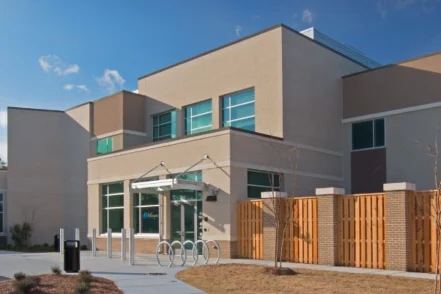 North Carolina
North CarolinaWilmington Treatment Center Troy Drive
2520 Troy Drive Wilmington, North Carolina 28401
Treatment Programs
- Dual Diagnosis
- Drug Rehab
- Adult Program
- +3
-
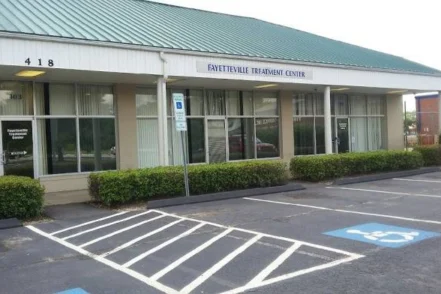 North Carolina
North CarolinaNew Season Fayetteville Treatment Center
Person St, Suite 103 Fayetteville, North Carolina 28301
Treatment Programs
- Alcohol Rehab
- Opioid Addiction
- Drug Rehab
- +4
-
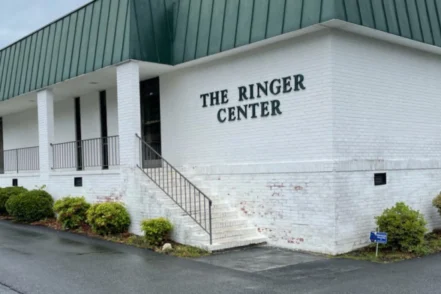 North Carolina
North CarolinaThe Ringer Center Greensboro
213 East Bessemer Avenue Greensboro, North Carolina 27401
Treatment Programs
- Alcohol Rehab
- Dual Diagnosis
- Opioid Addiction
- +5
-
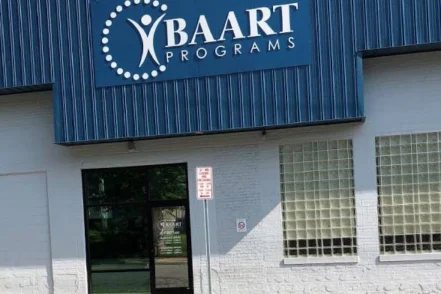 North Carolina
North CarolinaBAART Programs Durham
800 N Mangum Street, Suite 400 Durham, North Carolina 27701
Treatment Programs
- Opioid Addiction
- Drug Rehab
- Adult Program
- +3
-
 North Carolina
North CarolinaCrossroads of Greensboro
2706 North Church Street Greensboro, North Carolina 27405
Treatment Programs
- Drug Rehab
- Opioid Addiction
- Dual Diagnosis
- +0
-
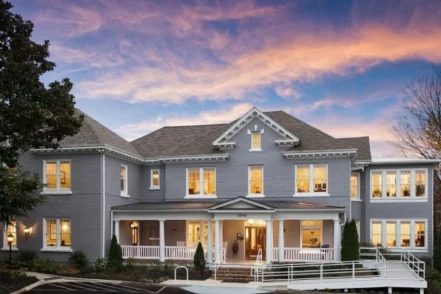 North Carolina
North CarolinaDilworth Center
2240 Park Road Charlotte, North Carolina 28203
Treatment Programs
- Alcohol Rehab
- Opioid Addiction
- Drug Rehab
- +5
-
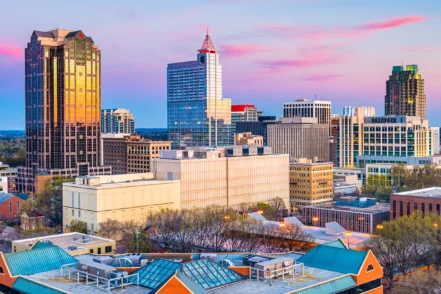 North Carolina
North CarolinaHolly Hill Hospital
3019 Falstaff Road Raleigh, North Carolina 27610
Treatment Programs
- Young Adult Rehab
- Adult Program
- Senior Rehab
- +3
-
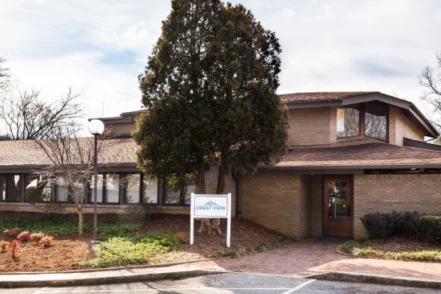 North Carolina
North CarolinaCrest View Recovery Center
90 Asheland Avenue, Suite D Asheville, North Carolina 28801
Treatment Programs
- Alcohol Rehab
- Dual Diagnosis
- Opioid Addiction
- +4
-
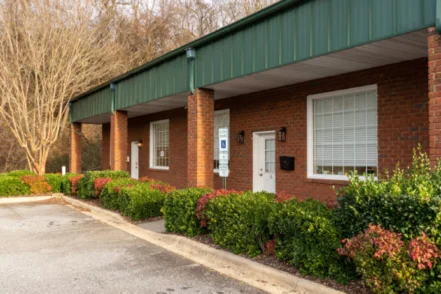 North Carolina
North CarolinaAsheville Recovery Center
9 Old Burnsville Hill Road, Suite 7 Asheville, North Carolina 28804
Treatment Programs
- Alcohol Rehab
- Dual Diagnosis
- Opioid Addiction
- +5
-
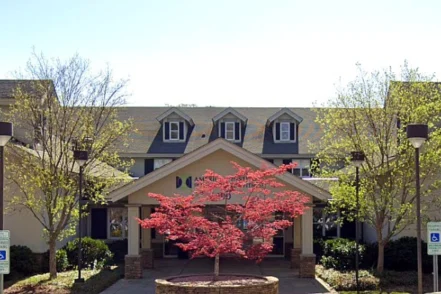 North Carolina
North CarolinaCarolina Performance
8300 Health Park, Suite 201 Raleigh, North Carolina 27615
Treatment Programs
- Alcohol Rehab
- Opioid Addiction
- Drug Rehab
- +4
-
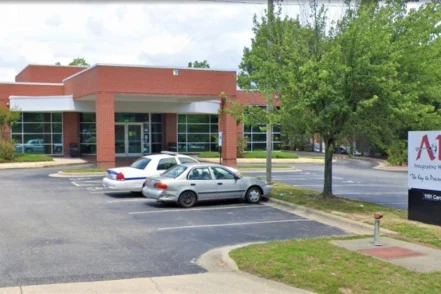 North Carolina
North CarolinaAlcohol and Drug Services Greensboro
1101 Carolina Street Greensboro, North Carolina 27401
Treatment Programs
- Opioid Addiction
- Drug Rehab
- +-1
-
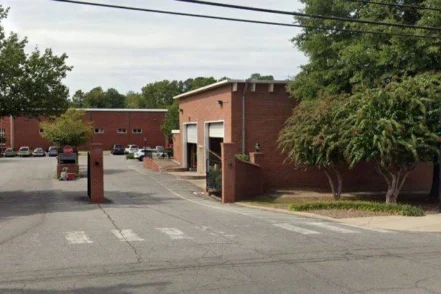 North Carolina
North CarolinaTriangle Residential Options for Substance Abusers
1820 James Street Durham, North Carolina 27707
Treatment Programs
- Alcohol Rehab
- Dual Diagnosis
- Opioid Addiction
- +5
-
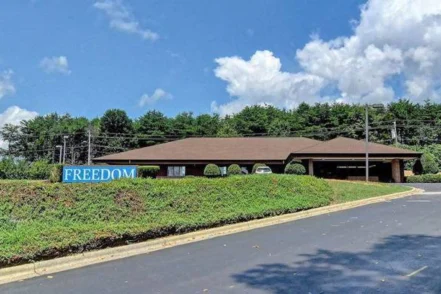 North Carolina
North CarolinaFreedom Detox
1089 X Ray Dr Gastonia, North Carolina 28054
Treatment Programs
- Alcohol Rehab
- Dual Diagnosis
- Opioid Addiction
- +5
-
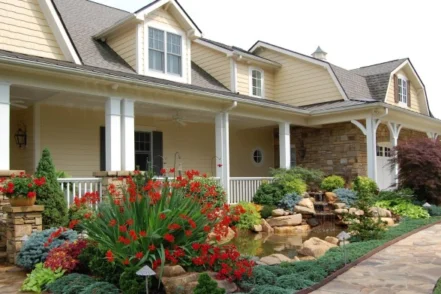 North Carolina
North CarolinaSilver Ridge
183 Old Turnpike Road Mills River, North Carolina 28759
Treatment Programs
- Alcohol Rehab
- Dual Diagnosis
- Opioid Addiction
- +4
